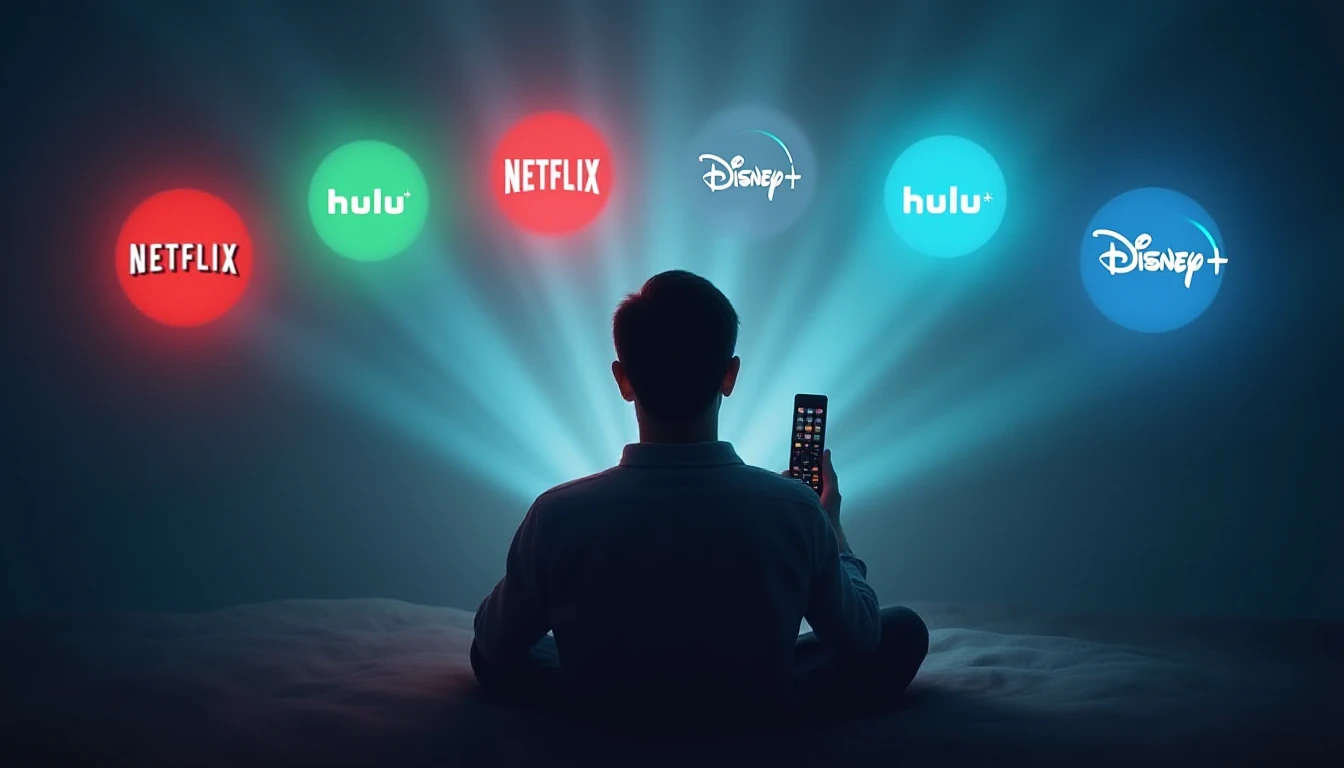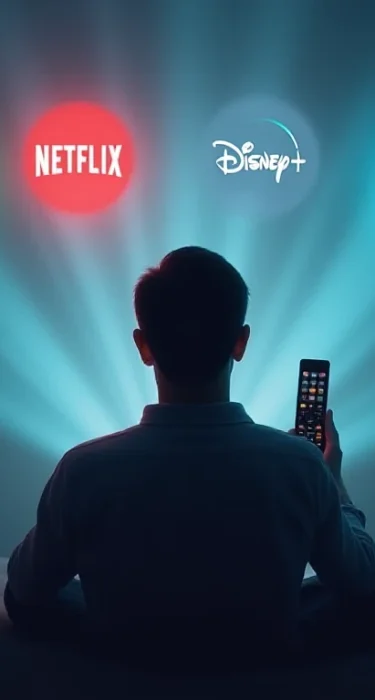In recent years, the entertainment landscape has undergone a seismic shift thanks to the rise of streaming services. These platforms have disrupted traditional media consumption habits, offering viewers unprecedented access to a vast array of content on demand. This essay will explore how streaming is transforming the way we consume and engage with entertainment, from television shows and movies to music and games.
The Birth and Rise of Streaming Services
The streaming revolution began in the early 2000s with the launch of pioneers like Netflix and YouTube. Initially, these platforms focused on delivering digital content to users through the internet rather than physical media like DVDs or CDs. As broadband speeds improved and more households gained reliable internet access, streaming services expanded their offerings and user bases rapidly.
Over time, other major players entered the market, including Amazon Prime Video, Hulu, Disney+, and Apple TV+. These competitors introduced new features such as exclusive original content, live television programming, and interactive elements. The increased competition led to a golden age of high-quality, binge-worthy shows and movies tailored to specific niche audiences.

Shifting Consumer Behavior and Preferences
The convenience and flexibility provided by streaming services have dramatically altered consumer behavior when it comes to entertainment consumption. No longer bound by scheduling conflicts or the need to record shows, viewers now have the power to watch whatever they want whenever they desire. This on-demand nature has led to a significant increase in binge-watching habits and an overall shift towards more time-shifted viewing.
Moreover, streaming has enabled consumers to explore new genres, creators, and storytelling styles they might not have discovered through traditional linear television. The algorithm-driven recommendations found on most platforms also play a crucial role in shaping user tastes and guiding them towards content they’re likely to enjoy based on their viewing history.
The Economic Impact on the Entertainment Industry
The streaming revolution has had profound economic implications for the entertainment industry as a whole. With viewers increasingly cutting the cord on traditional cable subscriptions, media companies have been forced to adapt their business models and prioritize digital distribution channels. This shift has led to significant investments in original content production across various genres.
However, the increased competition among streaming services has also driven up content creation costs, making it more challenging for smaller independent producers to break into the market. Additionally, the focus on subscriber growth and retention metrics has led some platforms to prioritize quantity over quality, resulting in a glut of mediocre content vying for viewers’ attention.
The Globalization of Entertainment
One of the most significant impacts of streaming is its role in globalizing entertainment consumption. Platforms like Netflix and Disney+ have invested heavily in creating localized content for international markets, opening up new avenues for cultural exchange and understanding between audiences worldwide.
This globalization has also led to a rise in transnational co-productions and collaborations among creators from different countries. Additionally, streaming has exposed viewers to diverse perspectives and storytelling styles that may not have been readily available through traditional media channels, fostering a more globalized and cosmopolitan entertainment landscape.
The Future of Streaming and its Implications
As the streaming market continues to grow and evolve, it’s essential to consider the potential implications for the future of entertainment. With increasing consolidation among major players and the rise of ad-supported streaming tiers, there are concerns about decreased consumer choice and a return to more traditional content gatekeeping.
Moreover, the emphasis on algorithm-driven recommendations may contribute to echo chambers and a homogenization of tastes over time. To address these challenges, it will be crucial for platforms to strike a balance between personalized viewing experiences and exposing users to diverse content that pushes them out of their comfort zones.
In conclusion, the streaming revolution has undeniably transformed the way we consume entertainment in profound ways. From altering consumer behavior to reshaping the economic landscape of the industry and fostering global cultural exchange, streaming services have become a dominant force in shaping our media habits. As this trend continues to evolve, it’s essential for both consumers and creators alike to navigate these changes thoughtfully, ensuring that the benefits of this new era extend to all.


